In the early 1980s I went out briefly with the daughter of a Thatcher cabinet minister, and spent several evenings at her family home in one of London’s posher postcodes. One night our snogging was interrupted by the sound of metal objects bouncing off the Regency stucco. ‘What the hell is that?’ I shouted, leaping off the chaise longue like a busted poacher. ‘Corned beef,’ my girlfriend replied, unfazed, and when I went outside that’s what I found on the nature strip; three dented but otherwise intact tins of the greasy post-war staple. ‘It happens a lot, now, after the pubs shut,’ she explained. ‘Daddy says it’s Daily Mail readers trying to incite anti-Argentine sentiment.’ Prior to the Falklands War, which broke out the following week, the production of beef – corned or otherwise – was one of only three things for which Argentina was famous, the others being a song in which national treasure Eva Peron tells the country not to cry for her, and Nazi war criminals, many of whom escaped there in 1945 and were made welcome by Ms Peron’s less adorable, Axis-sympathising father. Notwithstanding the tireless campaigning of Holocaust survivor Simon Weisenthal, subsequent Argie administrations allowed this murderous fraternity to live on there in relative peace and prosperity until the mid-1960s, when Mossad took matters into its own hands.
I found myself remembering this while reading Jacquelin Magnay’s recent Weekend Australian article about the expat Serbians whose alleged participation in war crimes in the former Yugoslavia proved no obstacle to their resettling in Australia, and whose in absentia convictions by foreign courts failed to prompt our own courts to initiate extradition proceedings. The excuse that US and European intelligence agencies gave for not helping Weisenthal track Adolf Eichmann down to Buenos Aires was that after Nuremberg all their people and resources were reassigned to Cold War duties. Perhaps the reason Australian immigration officials have not been more circumspect when processing the citizenship applications of Balkan genocide suspects is that they have been too busy deciding whether or not to allow alt-right provocateurs to come here for three-week speaking tours.
Who should and who shouldn’t be let into the country is now the sujet de nos jours in every Western democracy, and few sujets will divide a room more evenly. But having done so it leaves those on the left-hand side of the room somewhat conflicted. Because while they tend to be the kind of people who want to give refugees the easiest access to our society, they tend also to be the kind of people who find most fault with our society. It must have occurred to them that if people are so desperate to come here that they’ll break the law and risk their children’s lives, it’s because nobody has told them the Left’s ‘unvarnished truths’ about Australia: that according to government-funded research, for example, their daughter is more likely to be sexually assaulted on a university campus here than she was in the backstreets of Kabul; or that if their son comes out as gay here he might be the subject of online name-calling every bit as hurtful as the beating he would have received at his Darfur madrassa.
I acquired Australian citizenship in a job-lot ceremony in St Kilda Town Hall on a warm spring morning in 1995. With my sense of post-colonial pommy entitlement, and having already been a tax-paying permanent resident for 10 years, I regarded the event as a formality, and arrived early in the hope of getting away in time to meet friends for lunch at Di Stasio. Sitting impatiently in the front row, only half listening to the officiating pollie’s speech, I gradually became aware of other human sounds behind me. At first I thought it was a combination of yawning and whispering, and thought ‘How bloody rude’. But then the speech finally came to an end, and I stood up and turned around and saw that half the people in the room had tears in their eyes. And I felt rather ashamed of myself.
Got something to add? Join the discussion and comment below.
Get 10 issues for just $10
Subscribe to The Spectator Australia today for the next 10 magazine issues, plus full online access, for just $10.
You might disagree with half of it, but you’ll enjoy reading all of it. Try your first month for free, then just $2 a week for the remainder of your first year.


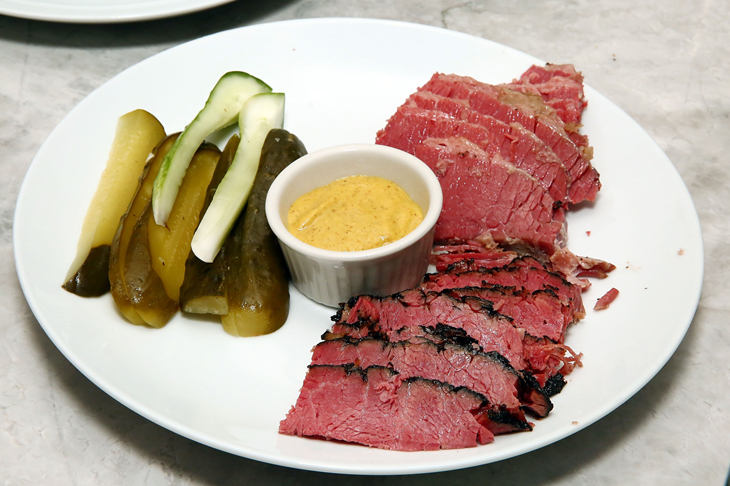
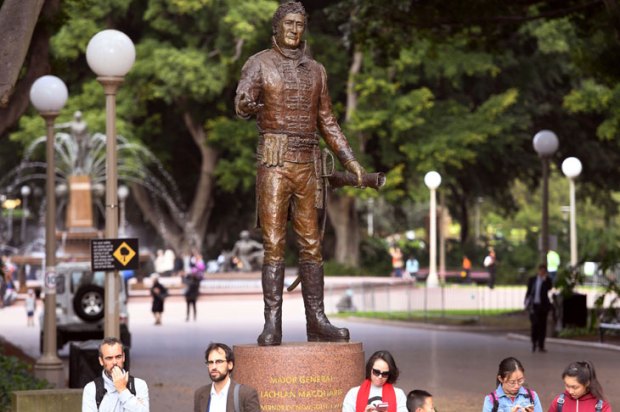
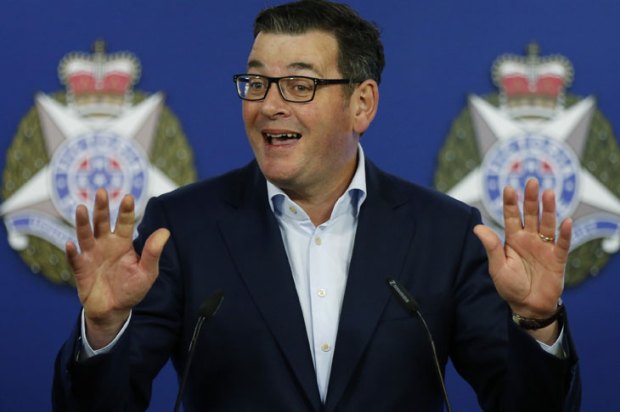
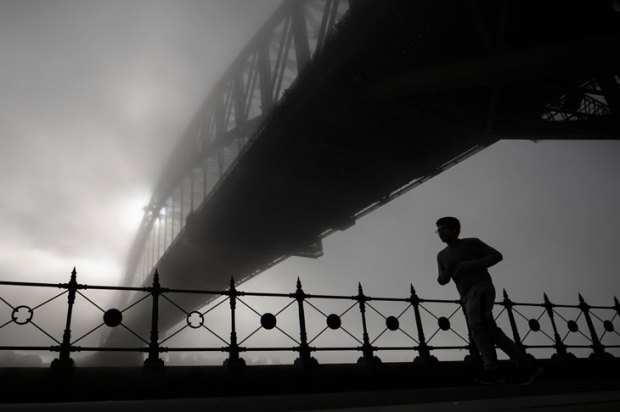
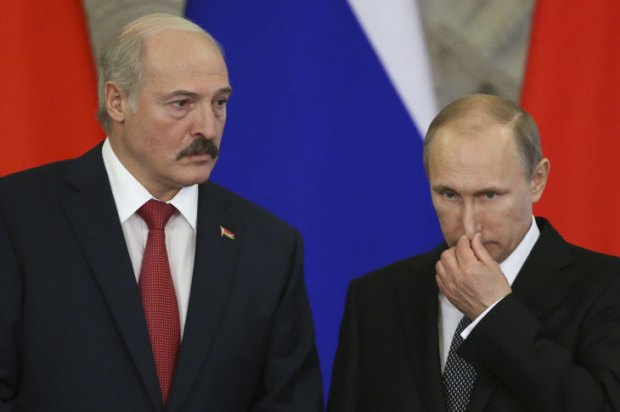
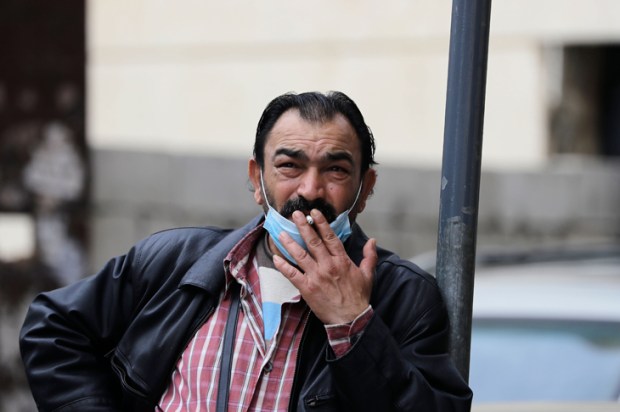
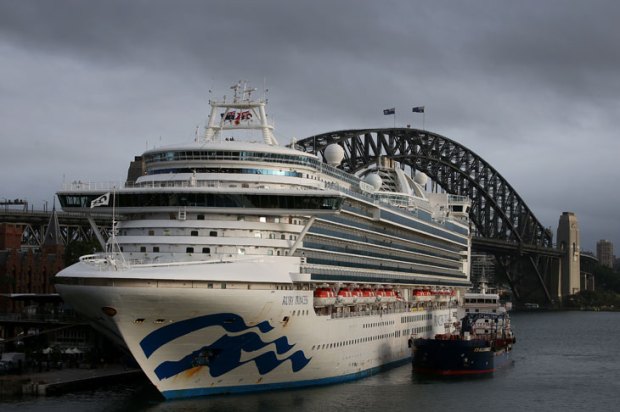






Comments
Don't miss out
Join the conversation with other Spectator Australia readers. Subscribe to leave a comment.
SUBSCRIBEAlready a subscriber? Log in